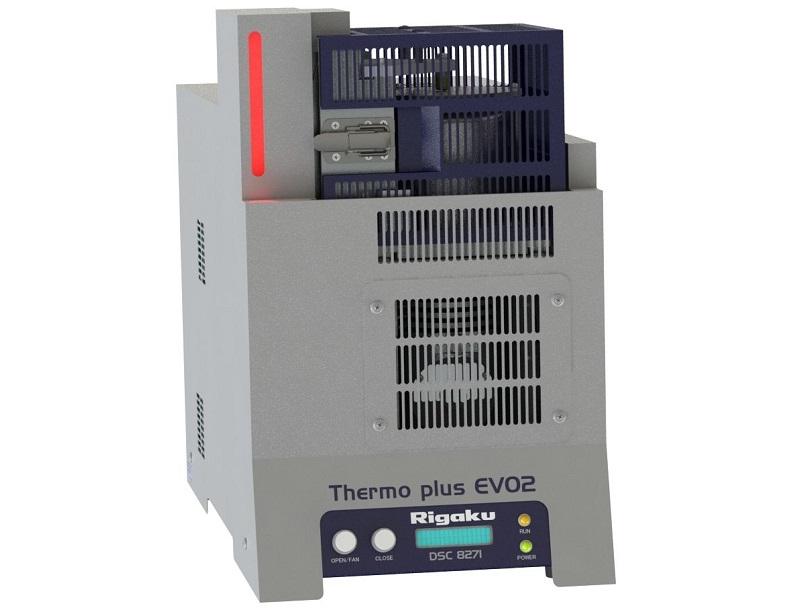High-temperature DSC
HIGH-TEMPERATURE DIFFERENTIAL SCANNING CALORIMETER
Determine the amount of heat gained or lost as a result of phase transitions.

Features
- A tiny furnace achieves great sensitivity, excellent performance, and low noise.
- The entire system is designed with safety in mind.
- Temperature range for measurement: ambient to 1500°C.
Introduction
Differential scanning calorimetry (DSC) measures energy changes in reactions such as melting, transition, crystallisation, and glass transition temperature, and is mostly utilised in polymer and pharmaceutical research and development.
The DSCs from Rigaku are heat-flux kinds. Depending on the maximum temperature and sensitivity differential, several models are available.
With a maximum temperature of 1,500°C, DSC8271 is a high-temperature type DSC. Depending on the maximum temperature and sensitivity differential, several models are available. With a maximum temperature of 1,500°C, DSC8271 is a high-temperature type DSC. The high temperature type DSC is more versatile and may be used in a wide range of sectors where high-temperature measurements are required, such as in ceramics and glass materials, as well as in studies where multiphase phenomena can be created that cannot be recorded by a normal DSC.
Specifications Table
| Product name | DSC8271 |
| Technique | High-temperature differential scanning calorimetry |
| Benefit | Characterizes and quantifies the energy of a reaction associated with phase changes |
| Technology | DSC is a thermal analysis technique in which the difference in the amount of heat required to increase the temperature of a sample and reference is measured as a function of temperature. |
| Core attributes | Using this technique, it is possible to observe fusion and crystallization events as well as glass transition temperatures. It can be also used to study oxidation, as well as other chemical reactions. |
| Computer | External PC |
| Core dimensions | 275 (W) x 448 (H) x 555 (D) (mm) |
| Mass (core unit) | 32 kg |
| Power requirements | 1Ø, AC100-120 V/200-240 V 50/60 Hz 15 A |
